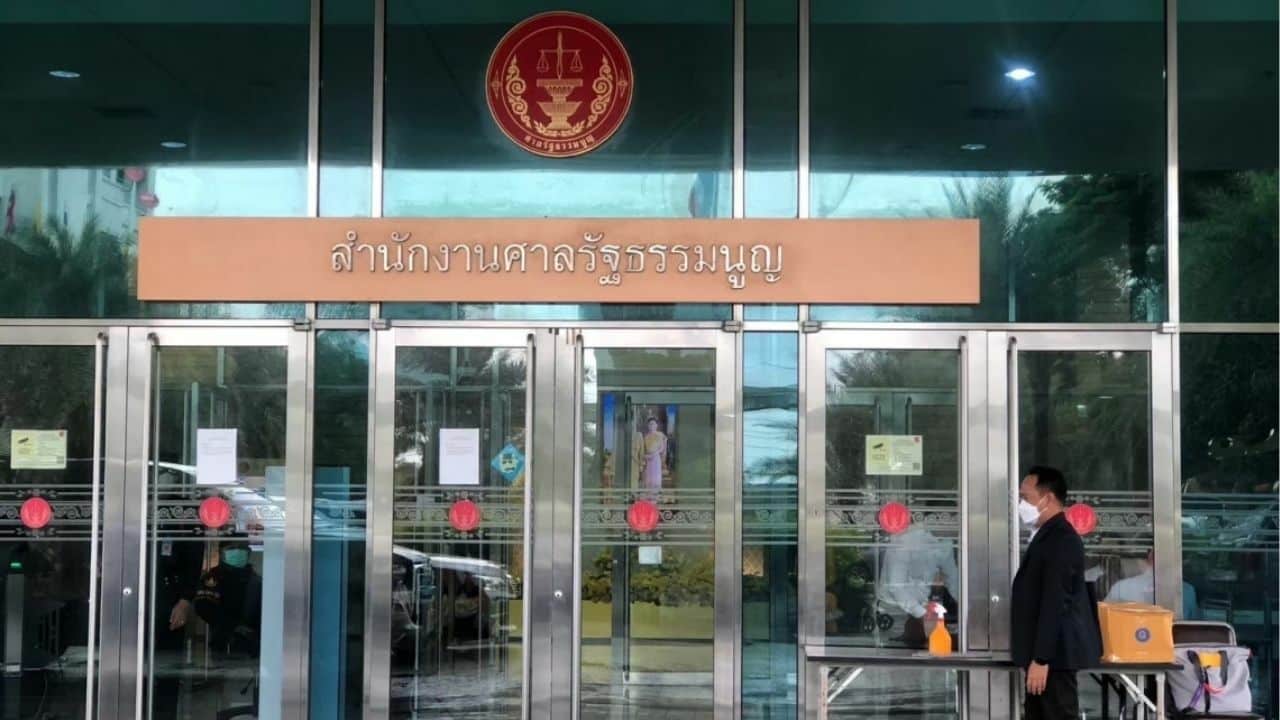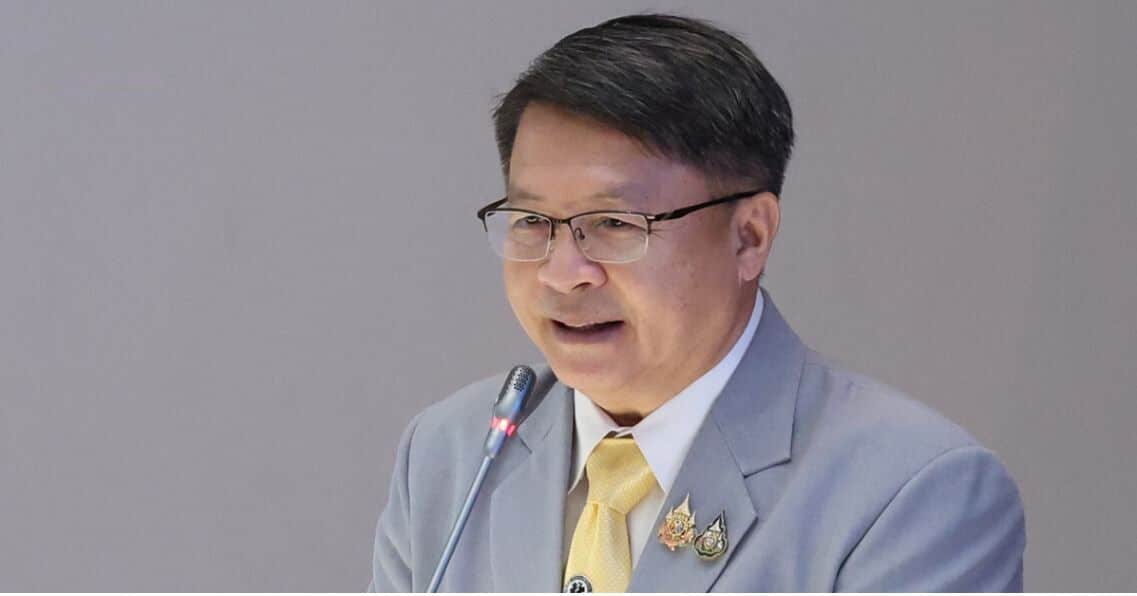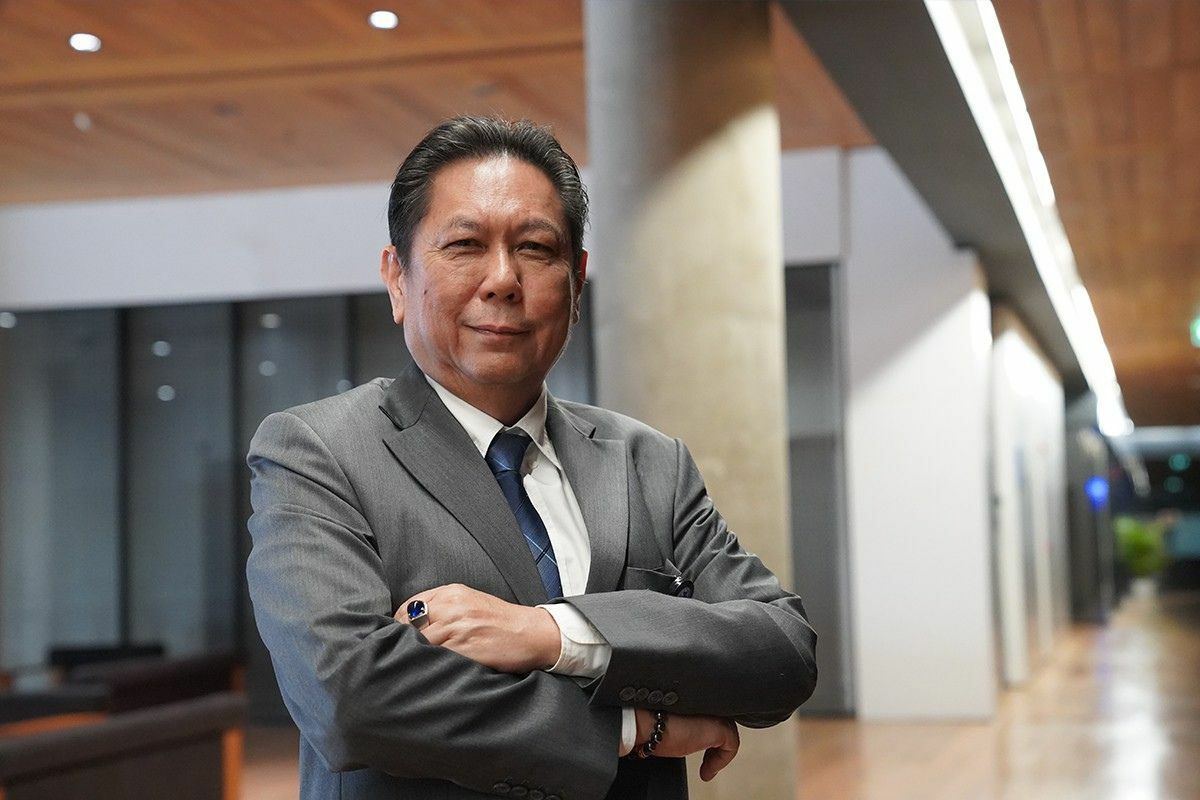Charter showdown: Court to rule on referendum timing
Who decides first—the people or politicians? High-stakes charter reform hangs in the balance

The Constitutional Court announced that it will deliver a landmark ruling on September 10, which could reshape how Thailand amends its constitution. At the heart of the case is a critical question: can Parliament greenlight a draft charter before the public has its say via referendum?
The legal dispute stems from urgent motions filed during a joint parliamentary session on March 17 by Senator Premsak Piayura and MP Wisut Chainarun. Their motions challenged the current process for constitutional reform, raising concerns about whether a referendum must precede or follow parliamentary approval of a new draft constitution.
In response, Parliament President Wan Muhamad Noor Matha formally submitted the matter to the Constitutional Court on March 21, seeking a definitive interpretation.
The court subsequently called for legal input from constitutional law experts and received written opinions addressing the matter. After reviewing the evidence, the court concluded that a full evidentiary hearing was unnecessary. It will instead proceed directly to oral deliberations before announcing its decision.

“The court has accepted the legal arguments and documentation as sufficient to move forward without a full hearing,” a court spokesperson said. “A ruling will be issued on Tuesday, September 10, at 9.30am.”
The court will rule on two pivotal questions. First, as raised by Dr Premsak, can a national referendum on whether the country wants a new constitution occur after Parliament has already approved a draft? And if so, can that referendum be held concurrently with a vote to approve the draft itself?

Second, as submitted by Wisut, does Parliament have the authority to draft and vote on a proposal for a new constitution without first gauging public support through a referendum?
The verdict could have sweeping implications for future charter changes, especially amid ongoing calls for constitutional reform from civil society groups, Bangkok Post reported.
Legal scholars and political observers are closely watching the case, as it could clarify — or complicate — the delicate balance between public participation and parliamentary procedure in shaping the nation’s highest law.
Latest Thailand News
Follow The Thaiger on Google News:


























